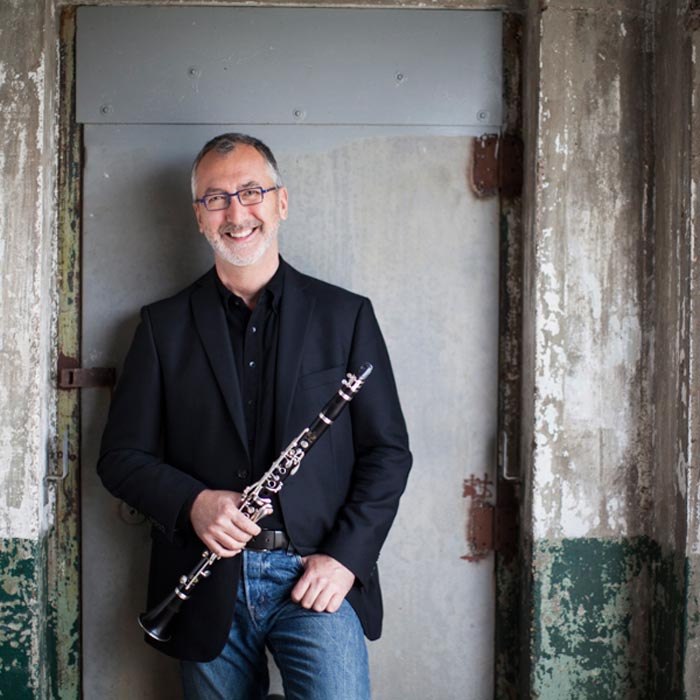
Ahead of an Unchambered ROCO performance featuring Franz Schubert’s Octet on Sunday, March 5, 2017, we chat with principal clarinetist Nathan Williams about getting ready to perform this gorgeous, beautiful and meaningful work of chamber music.
Q: What’s one thing that’s surprising about the Schubert Octet?
Nathan Williams: The length of the work, which is about 60 minutes. Audiences are more accustomed to hearing a group of shorter works, so the idea of attending one of our chamber concerts and having a single work occupy the entire program is unusual.
The octet is divided into six movements, all of which are dramatically contrasting.
Q: How does Schubert write for clarinet: Does the writing feel organic or is it difficult to perform?
Nathan Williams: Schubert’s clarinet writing is beautiful both to play and to listen to. He apparently loved the clarinet and understood it well, having chosen to feature it both in his orchestral writing and in his chamber music.
Q: In rehearsing the Schubert Octet, what are the kinds of things that ROCO musicians work on?
Nathan Williams: Playing with the highest degree of musical integrity, being faithful to the score — Scott. St. John has a copy of Schubert’s original manuscript which we’re all excited about seeing — and we’ll also be working on the ways in which we communicate both with one another during the performance, as well as making sure we communicate our interpretation effectively to the audience.
We want to bring this wonderful music to life and offer the listeners the best possible experience.
Q: If the Schubert Octet was the soundtrack to a film, what would it be about?
Nathan Williams: A movie version of Downton Abbey, or perhaps a film about courtship. It could be a number of different things all depending on how one’s imagination might be running at any given time, so I must be missing Downton Abbey right now. No matter how one looks at it, this music tells a captivating story.
Q: Tell us one thing about your instrument that most people don’t know.
Nathan Williams: Most non-musicians, and even some string and keyboard players, assume that all we have to do is put air into the instrument and move our fingers.
Perhaps the biggest surprise for most people is to learn how much the way we use our air and how we shape things with the inside of our mouths (where we place our tongues, what vowel sounds we are thinking) can impact colors, shapes, dynamics, and intonation.
___
ROCO Unchambered presents Schubert’s Octet on Sunday, March 5, at the MATCH.

Leave A Reply